Creamy and Delicate Homemade Vegan Ricotta Cheese (Dairy-Free, Made With Soy Milk!)

Homemade Vegan Ricotta is the alternative to the classic ricotta made from cow's milk. It is a vegan cheese with a creamy consistency and a delicate flavor, very similar to that of the famous dairy product, also suitable for those who follow a lactose-free diet.
To bring it to the table, you just need to simmer the soy milk in a pan with high edges, then add the salt and lemon juice, and let the mixture rest, covered with a lid, for about 2 hours: by doing so, the citric acid present in the citrus will curdle the soy proteins and the cheese will separate from the whey. At this point, all you have to do is drain the ricotta well in a special basket, with the help of gauze and a fine mesh strainer, and then transfer it to the fridge for a whole night.
What is Vegan Ricotta?
Ricotta, a traditional Italian cheese, dates back to ancient Roman times, deriving its name from the Latin word recocta, meaning "recooked." This name reflects its unique production method, which involves reheating whey left over from other cheese-making processes. Traditionally made from sheep, goat, or cow’s milk, ricotta became a cornerstone of Italian cuisine, cherished for its creamy texture and mild flavor, and used in both savory dishes like lasagne and sweet treats such as cannoli.
Vegan ricotta, a plant-based adaptation, emerged in response to growing dietary preferences and ethical concerns. Crafted from ingredients like almonds, tofu, or cashews, vegan ricotta replicates the creamy consistency and versatility of the original without the use of dairy. Its popularity surged in the late 20th and early 21st centuries as veganism gained mainstream acceptance. Widely embraced for its health benefits, sustainability, and inclusivity, vegan ricotta is now a staple in modern kitchens, featured in recipes ranging from dairy-free desserts to vegan pasta dishes.
Pro Tips for The Best Vegan Ricotta
- To curdle the soy milk, in addition to the lemon juice, you can also use 1 tablespoon of apple cider vinegar.
- To make the preparation creamier, you can incorporate 150 grams of vegetable cream into the ricotta before transferring it to the basket.
- When purchasing, don't forget to choose a soy milk with no added sugar and a protein content of at least 3.5%: the amount needed to aid the coagulation process.
What Else Can I Use to Make Vegan Ricotta?
Vegan ricotta can be made using a variety of ingredients, including cashews, almonds, tofu, macadamia nuts, or sunflower seeds. Blended with lemon juice, nutritional yeast, and a pinch of salt, these ingredients create a creamy, tangy alternative that mimics traditional ricotta's texture and flavor.
Can I Add Anything Else to This Ricotta?
If you prefer, for a more flavorful and aromatic result, you can season the ricotta with chopped chives, fresh basil, a few chopped rocket leaves or flaked nutritional yeast: which will give it the characteristic cheese aftertaste. Or you can spice it to taste with a pinch of pepper, a little chili powder, curry or a grating of nutmeg.
Why Is My Ricotta So Rubbery?
It can happen if the curds are overcooked or if the coagulation process is not handled gently. Over-stirring or using too much coagulant, like lemon juice or vinegar, can result in a dense, less creamy consistency. To achieve a smoother texture, ensure the soy milk is heated to the correct temperature and allow the curds to form naturally without excessive agitation.
What Can I Use Vegan Ricotta For?
This vegan ricotta is versatile and can be used in a variety of dishes. It’s perfect for stuffing pasta like ravioli or cannelloni, layering in lasagne, spreading on toast or crackers, or as a filling for vegan desserts like cheesecakes and tarts. It also works well in salads or as a creamy topping for pizzas.
Can I Freeze This Vegan Ricotta?
You can! Transfer it to an airtight container, leaving some space for expansion, and freeze for up to 2 months. Thaw it in the refrigerator before use, and stir well as the texture might change slightly after freezing.
How to Store Vegan Ricotta
Vegetable ricotta can be stored in the fridge, in an airtight container, for 3-4 days maximum.
Ingredients
How to Make Vegan Ricotta
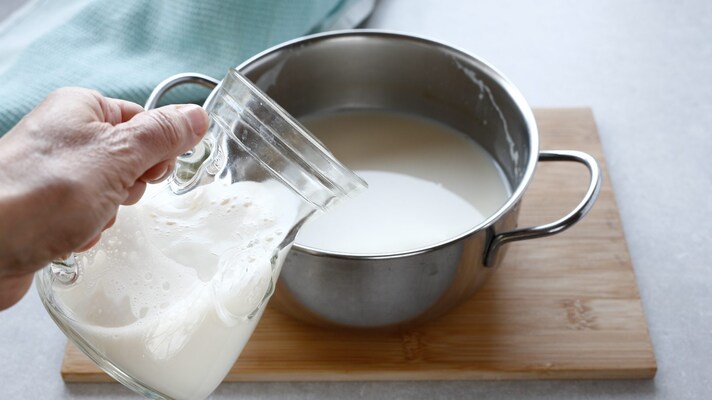
Pour the soy milk into a saucepan with high edges.
Pour the soy milk into a saucepan with high edges.
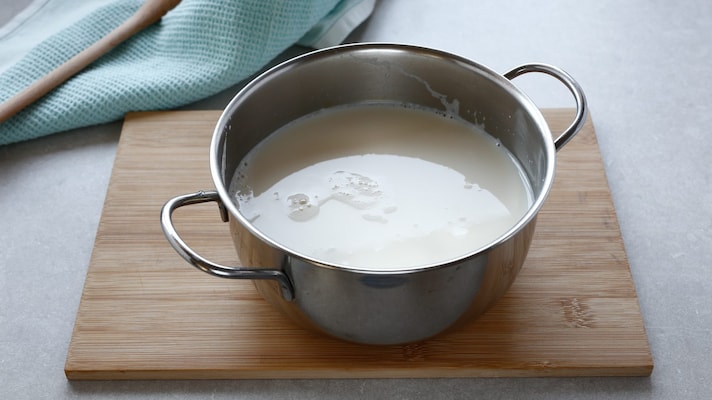
Put it on the stove and, as soon as it starts to simmer, turn off the flame.
Put it on the stove and, as soon as it starts to simmer, turn off the flame.
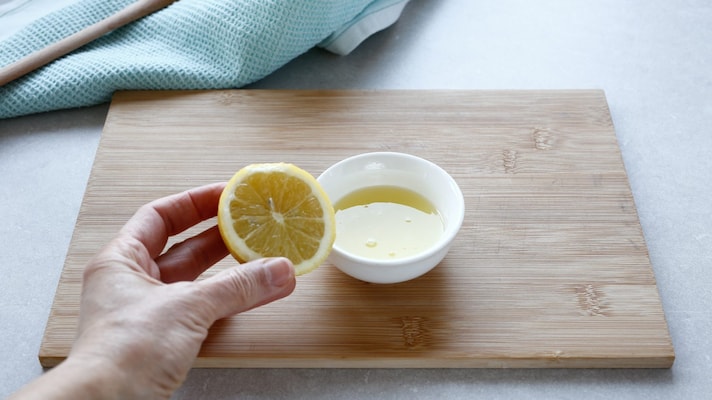
Squeeze the lemon juice, filter it and collect it in a small bow: you will need 40 ml.
Squeeze the lemon juice, filter it and collect it in a small bow: you will need 40 ml.
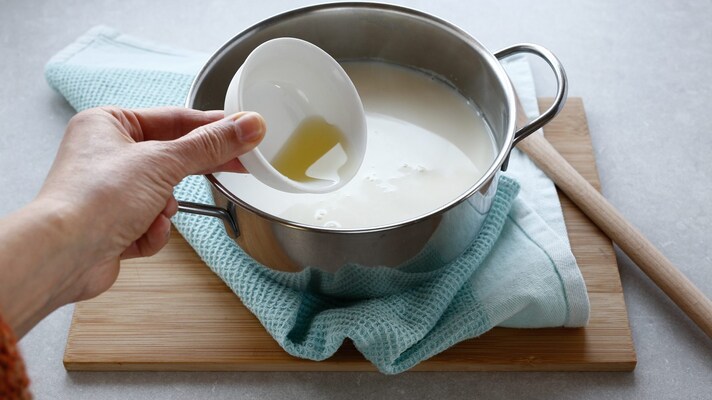
Combine the lemon juice with the warm milk and add the salt.
Combine the lemon juice with the warm milk and add the salt.
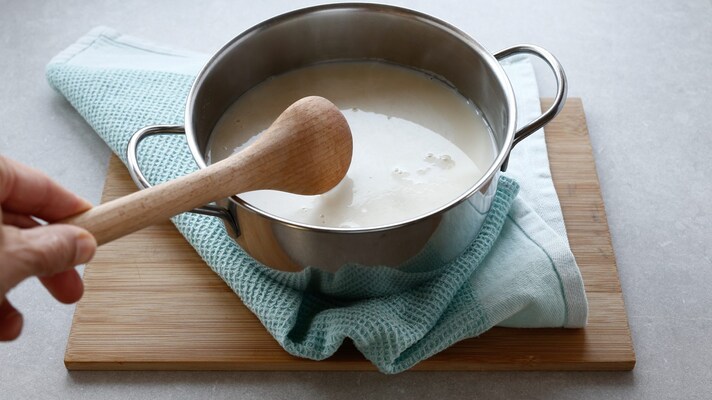
Mix them together with a wooden spoon.
Mix them together with a wooden spoon.
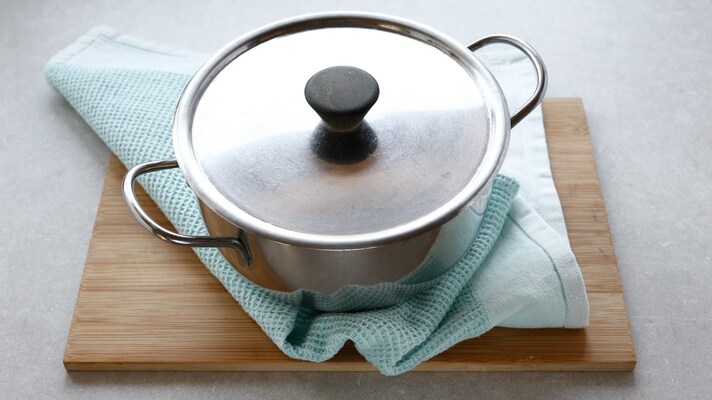
Cover with a lid and let it rest for a couple of hours.
Cover with a lid and let it rest for a couple of hours.
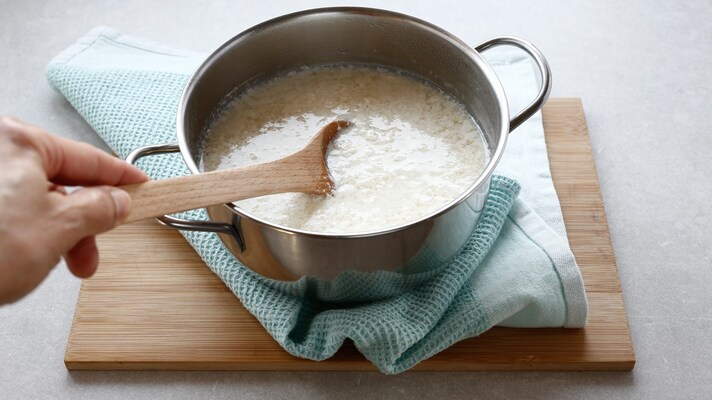
When the whey rises to the surface, separating from the cheese, the ricotta will be ready.
When the whey rises to the surface, separating from the cheese, the ricotta will be ready.
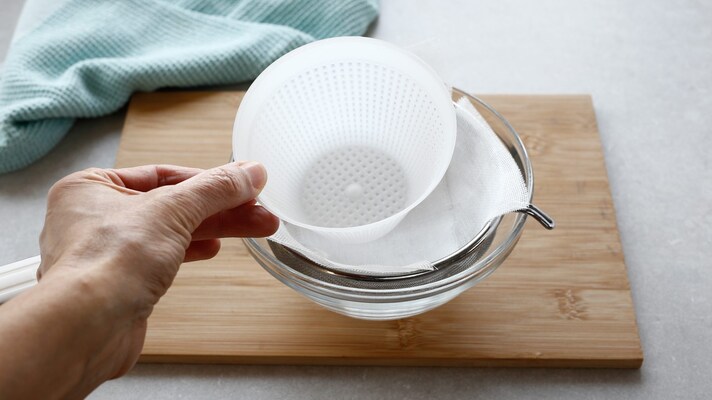
Place a fine mesh strainer over a bowl, cover it with sterile gauze and then place a special ricotta basket inside.
Place a fine mesh strainer over a bowl, cover it with sterile gauze and then place a special ricotta basket inside.
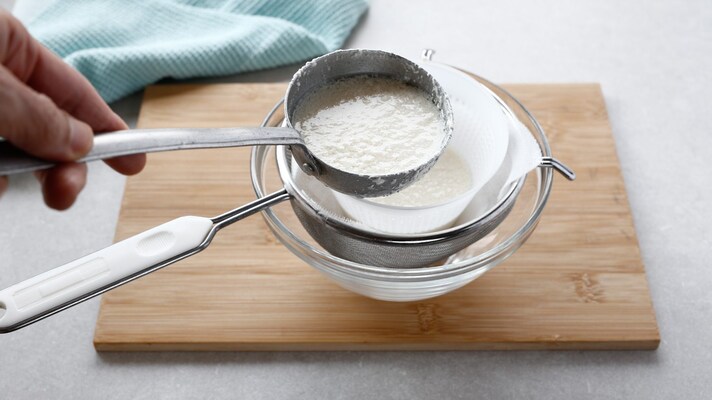
Pour the vegan cheese into the mould.
Pour the vegan cheese into the mould.
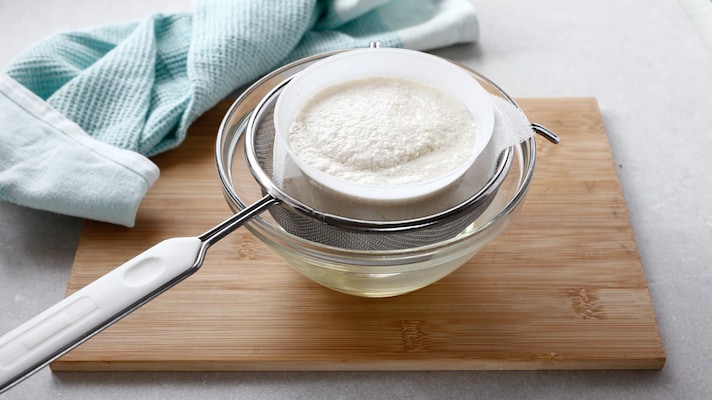
Drain the ricotta well from the whey, then cover with a sheet of cling film and leave to rest in the fridge overnight (about 12 hours).
Drain the ricotta well from the whey, then cover with a sheet of cling film and leave to rest in the fridge overnight (about 12 hours).
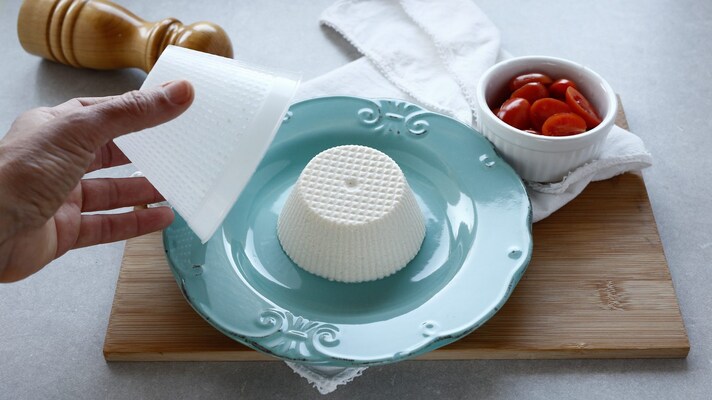
Once the time has passed, delicately turn the ricotta out onto a serving plate.
Once the time has passed, delicately turn the ricotta out onto a serving plate.
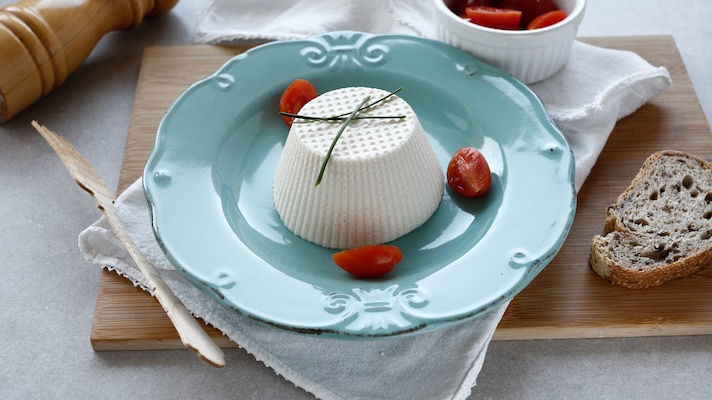
Enjoy!
Enjoy!
;Resize,width=767;)
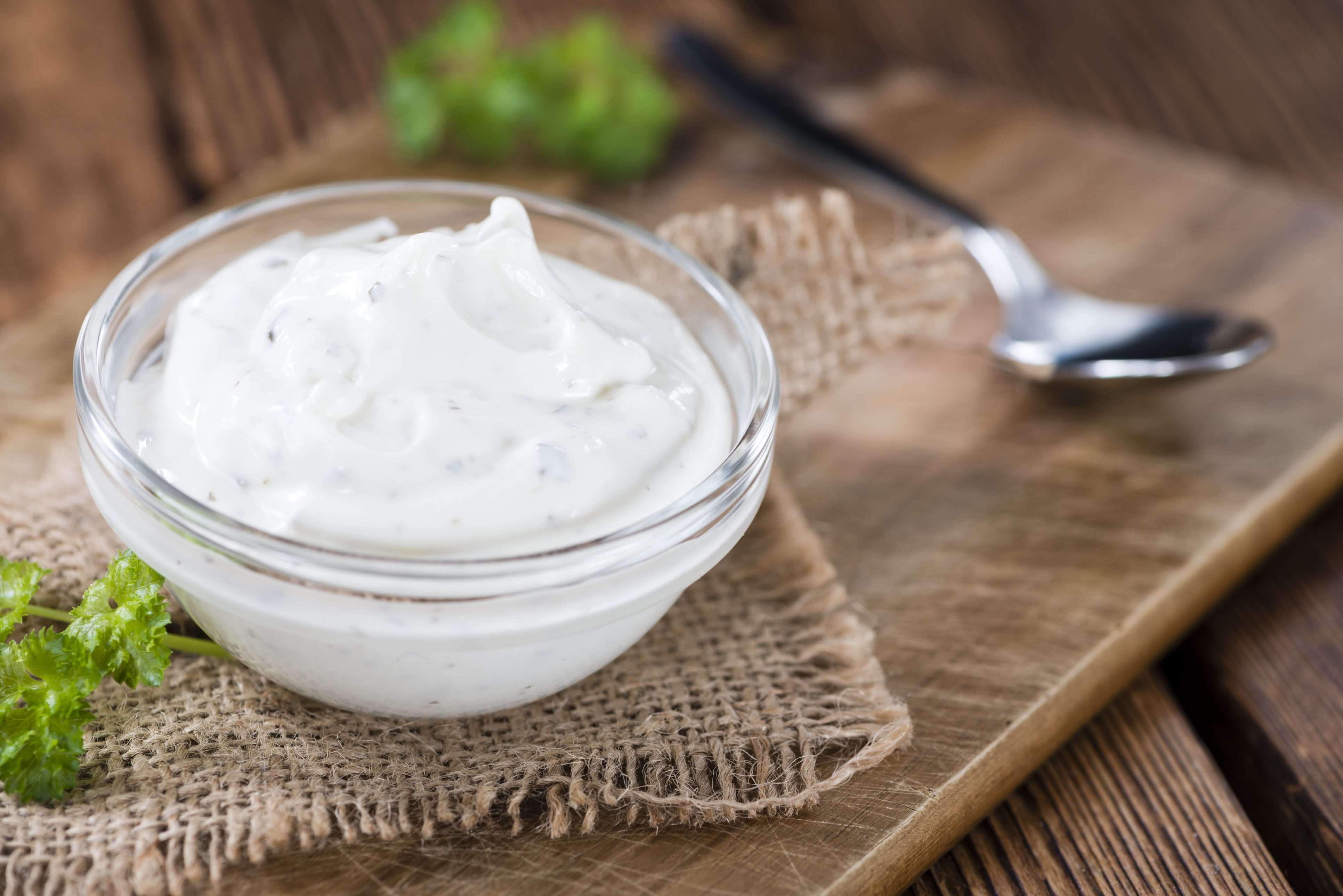;Resize,width=712;)
;Resize,width=712;)

